Labor Notes conducted an informal survey of labor activists, asking them about their favorite class-conscious novels. The range of works was pretty interesting (and gave me a good reading list as well). It got me thinking about teaching working-class literature in history courses. I don’t teach all that much fiction, tending to prefer a memoir like Ben Hamper’s Rivethead or Jack Metzgar’s Striking Steel. But in the last few years, I’ve taught three novels: John Steinbeck’s In Dubious Battle, Upton Sinclair’s The Jungle, and Edward Bellamy’s Looking Backward.

I had the greatest success with Steinbeck. The accessible language works well with undergraduates and I always appreciate how Steinbeck articulates the complexity of organizing. The students did alright with Sinclair, possibly because many had been exposed to The Jungle before, but I find the novel quite unpleasant to read. I realize this admission will probably get me a stern talking to, but I just don’t like it. I used Bellamy to introduce a course on the Gilded Age. I thought it was a great way to introduce them to the social and economic inequities of the time and give them a sense of how Americans were thinking about the change, but the students just hated it. I’ve wanted to try part of John Dos Passos’ U.S.A. trilogy, but I’m not real sure the students could handle it.
Anyway, I thought this might be a useful entry point into a discussion of teaching working-class literature in our history courses. What books have people found useful or not so useful?


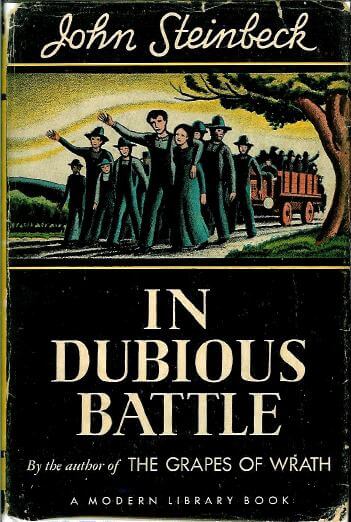
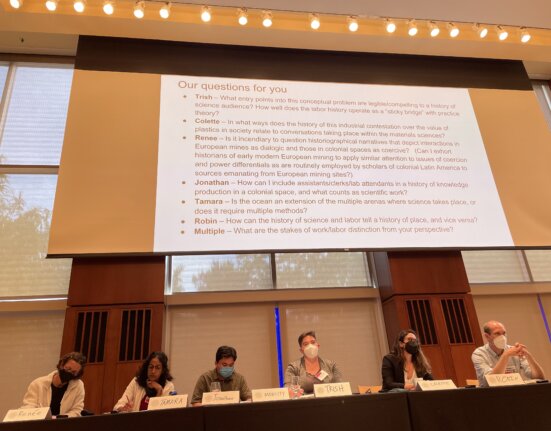
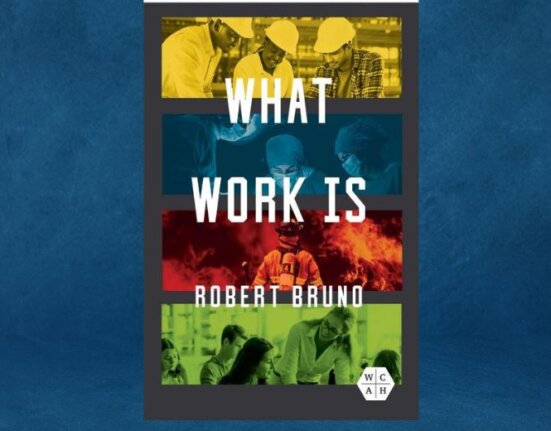
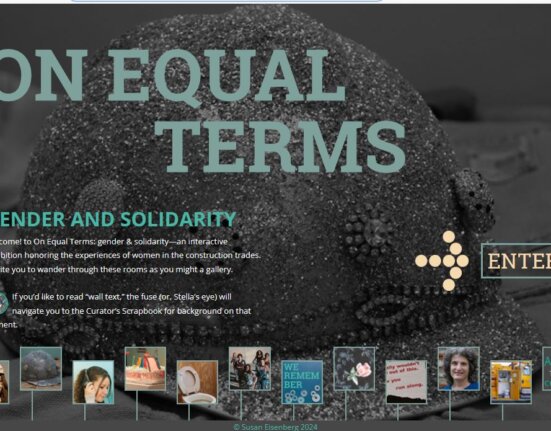
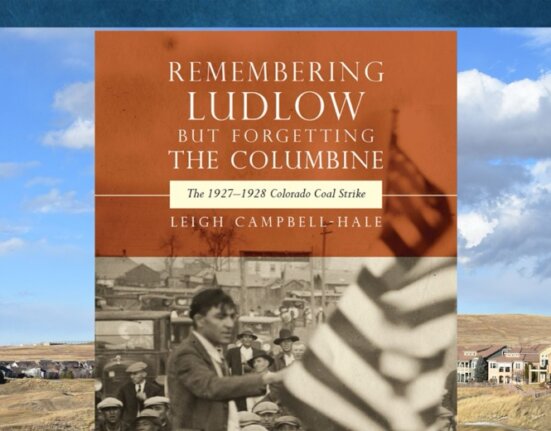
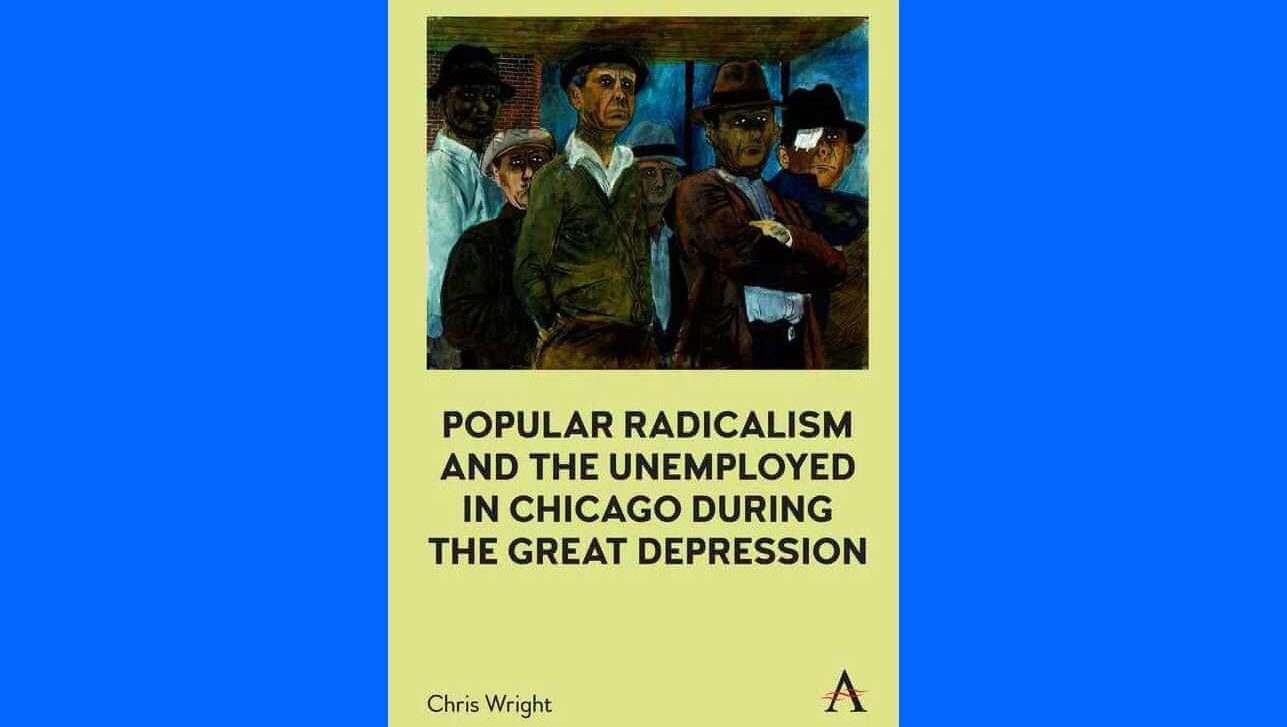
1 Comment
Comments are closed.